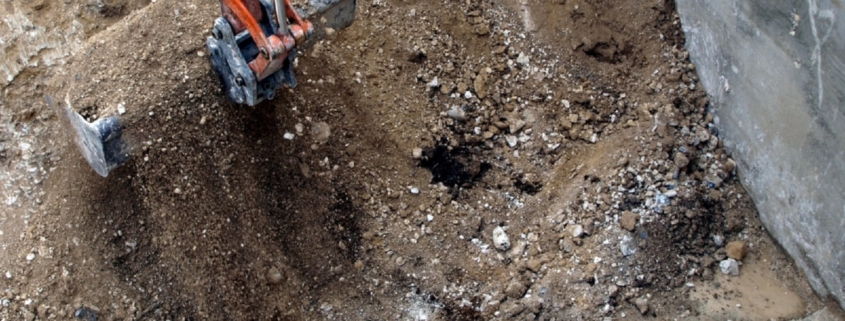How Artificial Intelligence is Revolutionizing the Construction Industry 4007
As we delve deeper into the 21st century, the construction industry is experiencing significant changes. Exploring Innovations in Modern Construction all point towards a future where sustainability and technology are at the core of building practices.
One of the most significant shifts in construction is the growing use of digital technology. Building Information Modeling (BIM) has revolutionized the way construction projects are managed and designed. BIM allows for more precise planning and forecasting, reducing the likelihood of costly mistakes and setbacks. Furthermore, the use of drones for surveying and inspections is becoming more common, enhancing safety and efficiency on construction sites.
Another key trend is the shift towards using more sustainable materials and methods in construction. Green building practices not only diminish the environmental impact of construction but can also lead to substantial financial benefits in the long term. For instance, the use of recycled materials and sustainable design can significantly reduce both construction costs and future energy bills.
In addition, the integration of renewable energy sources into construction practices is becoming more prevalent. Solar panels, wind turbines, and geothermal systems are just a few examples of how construction is incorporating renewable energy. These systems not only reduce the building’s carbon footprint but can also provide significant energy savings over time.
Moreover, the advent of smart buildings is another exciting trend in the construction industry. These buildings are constructed and designed with integrated systems that manage and automate heating, lighting, security, and other functions. This not only leads to greater energy efficiency but also enhances the comfort and convenience for the building’s occupants.
The shift towards green construction is particularly important in the 61860 area. By adopting these practices, construction companies can not just reduce their environmental impact but also gain a competitive edge in the market. As more clients demand eco-friendly buildings, companies that can deliver on this front will likely see increased demand for their services.
In conclusion, the construction of the future will be formed by digital transformation and sustainability. As technology continues to evolve, and as the demand for green building practices continues to grow, the construction industry will need to adjust to keep pace. The advantages of these trends, however, are clear: improved efficiency, lowered costs, and a healthier environment for all. The construction industry is truly entering a new era of innovation and sustainability.
For more details, check best Roofing Services Dublin or visit their Roofing Dublin business listing here.



